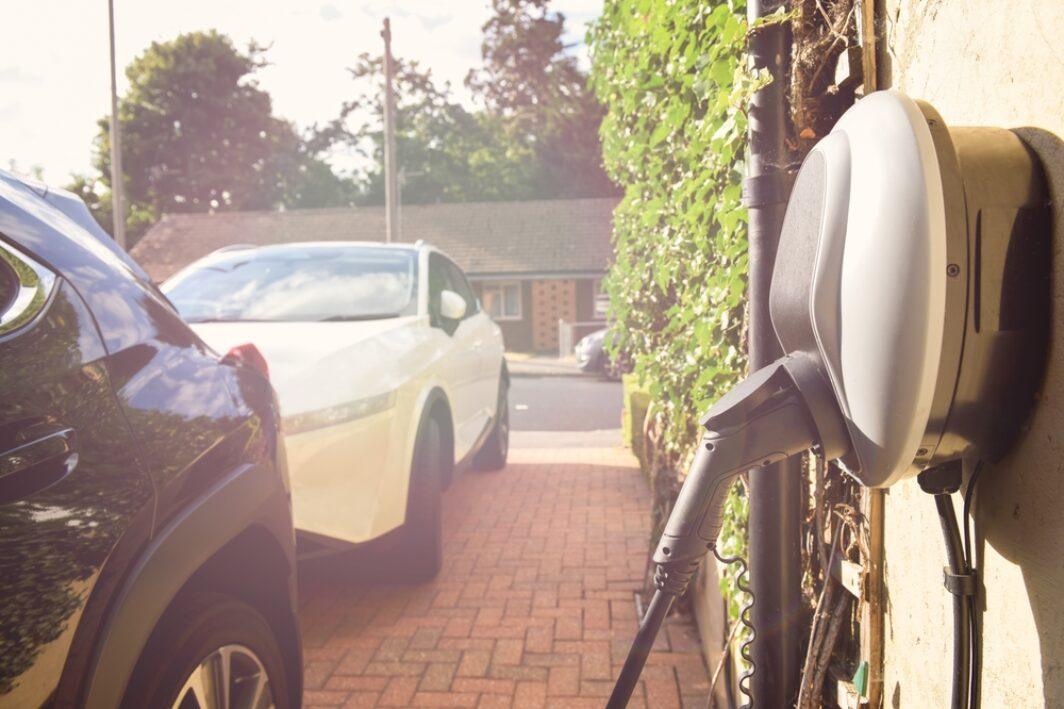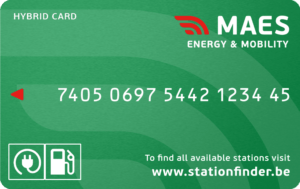
Electric charging with MAES
Here you can find all useful information about electric charging
Can I install a public charging point at home?
Yes, in Belgium you can offer your personal charging station. There are, however, a number of things that you should take into account.
- First of all, you must ensure that your charging station meets all technical and safety requirements, as laid down in Belgian regulations. For example, the charging station must be earthed and the electrical installation to which the charging station is connected must comply with the AREI standards.
- Secondly, you may have to apply for a permit from the competent authorities, depending on where you want to place the charging station. For example, you may need an urban planning permit if you want to place the charging station on the street side, for example.
- Thirdly, you must also take into account any costs associated with making your charging station public. For example, you may have to pay a fee to the network operator to connect your charging station to the electricity network.
In short, it is possible to make your personal charging station public in Belgium, but it is important to inform yourself well about the technical and legal aspects involved.
Request a public charging station
If you do not have space, as a citizen or company you can request a public charging station on the public domain via this online form. If you don’t have room for a charging station yourself and an existing public charging station is too far away, you can still get a charging station at a maximum of 250 meters from your door.
MAES Hybrid Card
Not only can you go to MAES for the ultra-fast chargers. Whether you have a fully electric car or a hybrid car, you can use our MAES Hybrid Card for both. It combines the positive points of the regular fuel cards with an option where you can also charge electrically.
All useful information about electric charging with MAES can be found here.
FAQ
How much power do I need to charge my electric car?
The power required to charge an electric car depends on the capacity of the battery and the charging speed of the charging point. In general, the larger the capacity of the battery and the faster the charging speed, the higher the power required. An average electric car has a battery capacity of about 60 kWh and can be charged from 0 to 100% in about 8 hours with a charging speed of 7.4 kW. For faster charging speeds, for example at a fast charging station, higher power is required.
Can I charge my electric car at home?
Yes, most electric cars can be charged at home using a charging station or a regular socket.
Is it safe to charge an electric car?
Yes, it is safe to charge an electric car. Electric cars are designed to be safe while charging, and most charging stations have protection mechanisms to prevent overload and short circuits.
How much does it cost to charge an electric car?
This depends on the price of the electricity and the capacity of the charging point. In general, charging an electric car is cheaper than refueling with petrol or diesel.
Can I charge my electric vehicle while driving?
At the moment it is not possible to charge an electric vehicle while driving, as wireless charging technology is still under development.
How do I pay for charging my electric vehicle?
This depends on the charging infrastructure and the payment method that has been set up. For example, you can pay with a charge card (such as the handy MAES Hybrid card), via an app or via a credit card.
Where can I charge my electric car?
You can charge your electric car at public charging points, at fast charging stations, at home or at work.
What is the range of an electric car?
The range of an electric car depends on the capacity of the battery and the consumption of the car. On average, electric cars have a range of 200 to 300 kilometers.
